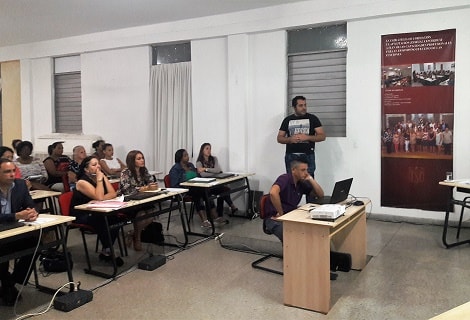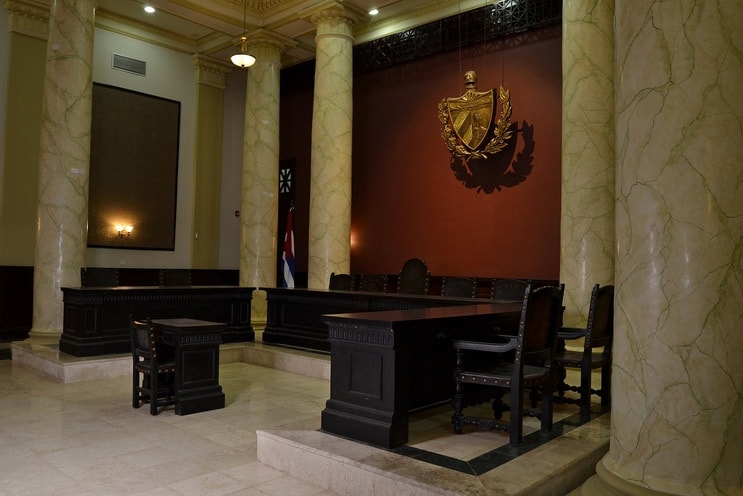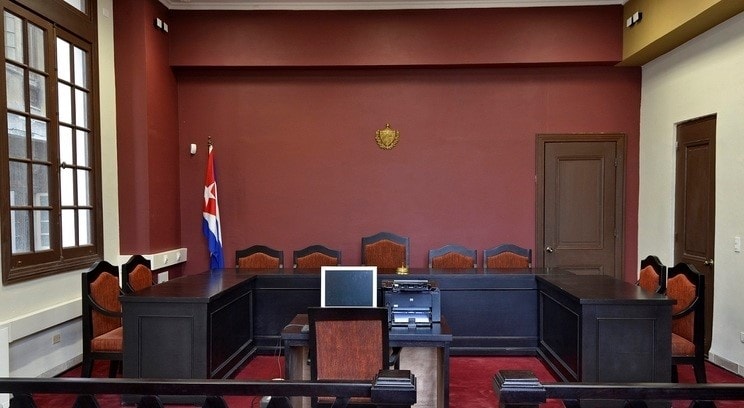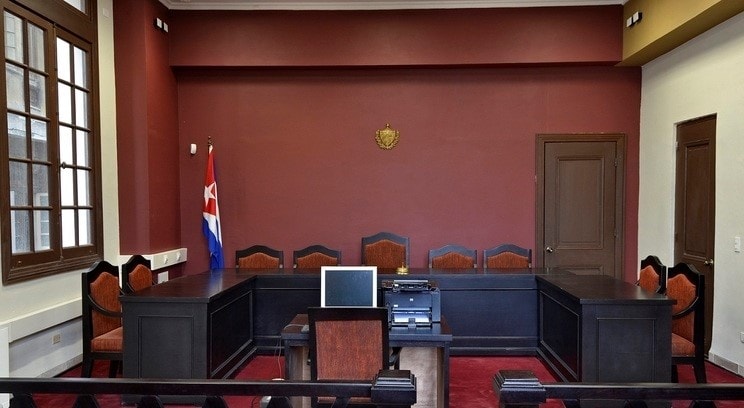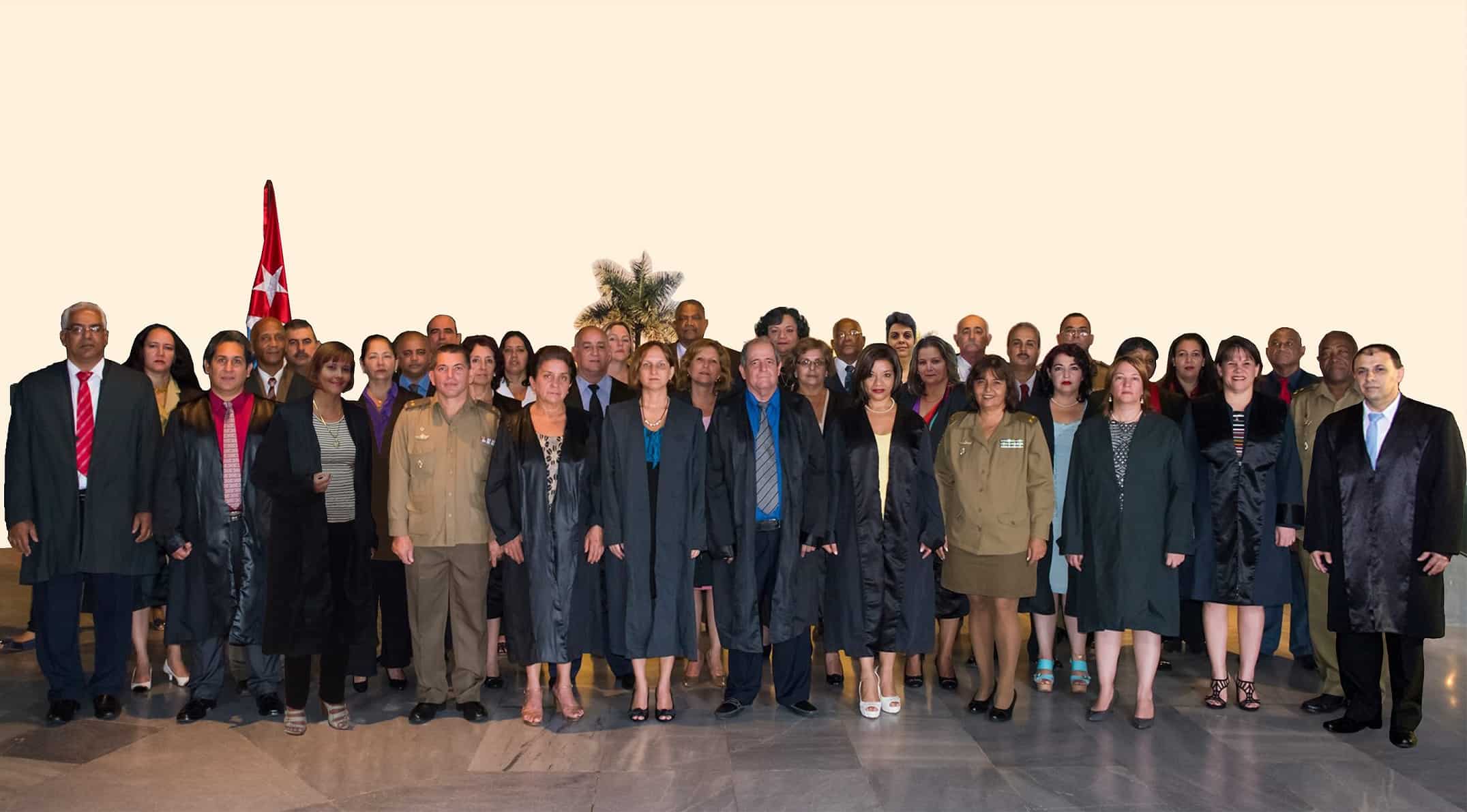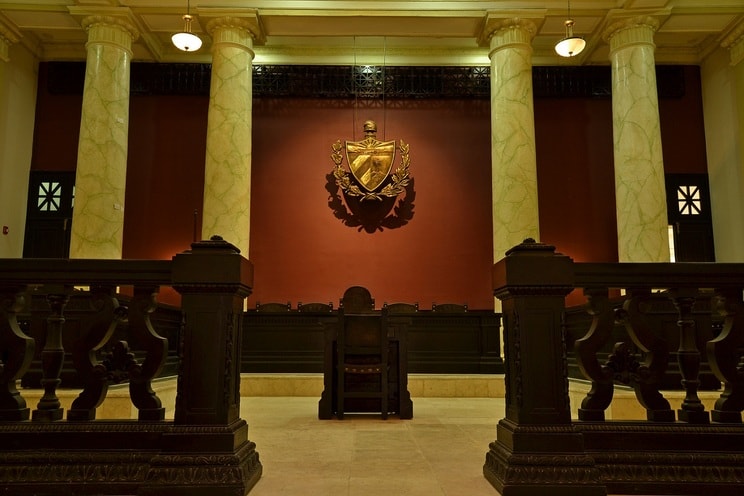Functions of the Government Council
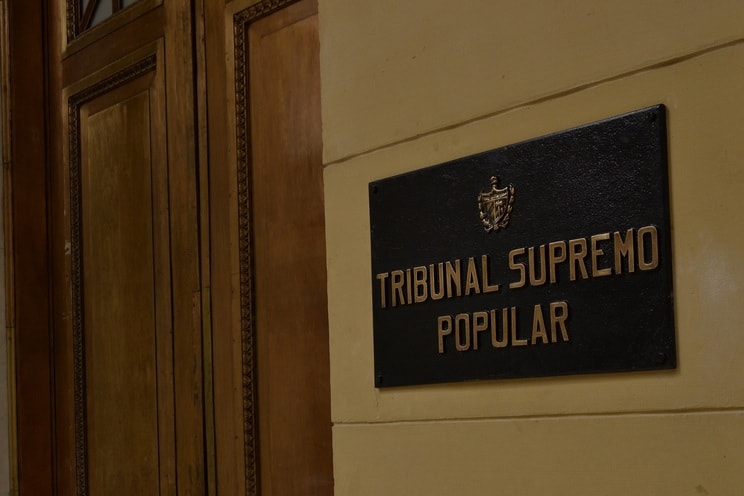
From Law 82 of the popular courts
CHAPTER II
SUPREME POPULAR COURT
SECTION ONE
General disposition
ARTICLE 15.-1. The Supreme People's Court exercises the highest judicial authority and its decisions in this order are final.
2.- Through its Governing Council, it exercises the legislative initiative in matters relating to the administration of justice and regulatory power; it makes decisions and dictates general norms of obligatory compliance by all the courts and, on the base of the experience of these; provides mandatory instructions to establish a uniform judicial practice in the interpretation and application of the law
FOURTH SECTION
Governing Council of the Supreme People's Court
ARTICLE 18.-1. - The Governing Council of the Supreme People's Court is composed of the President of the Court, who presides over it, the Vice-Presidents and the President of each of the Chambers.
2.- At the meetings of the Governing Council of the Supreme People's Court, the Minister of Justice and the Attorney General of the Republic are invited, who participate with voice but without vote.
3.- Likewise, meetings of the Governing Council, other state and government authorities may be invited, when, due to the matter to be treated, it is of interest to these authorities. If they attend, they can participate with voice, but without vote.
ARTICLE 19.-1. It corresponds to the Governing Council of the Supreme People's Court:
a) transmit to the courts the general instructions received from the Council of State;
b) to decide, at the request of the National Assembly of Popular Power or the Council of State, on decrees and other general provisions;
c) exercise the legislative initiative in matters related to the administration of justice;
d) know, evaluate and approve the draft reports of accountability of the People's Supreme Court to the National Assembly of People's Power;
e) examine and evaluate the judicial practice of its own rooms and other courts;
f) exercise control and supervision of the jurisdictional activity of all courts;
g) to evacuate the general consultations made by its own rooms, the courts, the Attorney General of the Republic and the Minister of Justice;
h) provide general instructions of a mandatory nature for the courts, in order to establish a uniform judicial practice in the interpretation and application of the law;
i) request from the State Council, when necessary, the general and mandatory interpretation of a current law;
j) resolve the competition issues that arise due to the matter between the courts;
k) resolve conflicts of powers that arise between the Central State Administration agencies and the courts;
l) evaluate and approve the proposals to the National Assembly of Popular Power, for the election of the professional judges of the Supreme People's Court;
m) know and approve the proposals of candidates of professional judges of the provincial and municipal popular courts, which are raised by the Government Councils of the popular provincial courts;
n) organize the System of Professional Improvement of the judges of the popular courts, according to the needs of each instance; and approve the respective plans;
o) organize the technical training of the auxiliary and administrative personnel of the People's Courts; and approve the respective plans;
p) organize, direct and control the application of the "Work System with the State Tables and its Reserve" in relation to the personnel of the popular courts;
q) decide the structures and templates of jurisdictional positions and auxiliary personnel of the popular courts;
r) approve the creation of sections of the rooms of the People's Supreme Court to hear about specialized matters or when the needs of the service so require;
s) approve the creation or suppression of popular courts and their rooms or sections;
t) determine the order in which the Vice Presidents of the People's Supreme Court replace the President of said Court, in cases of temporary absence or impediment thereof;
u) determine in the order that the Presidents of the Chamber of the People's Supreme Court replace the President and Vice President of said Court, in cases of temporary absence or simultaneous impediment thereof, or the Vice-Presidents, when appropriate;
v) determine the order in which the professional judges of each room replace the President of the same, in cases of temporary absence or impediment;
w) agree on the Regulations of the 'Popular Courts;
x) approve the calls for contests of opposition or merits for income or promotions in the Popular Courts System;
y) approve the proposals to the Council of State for the granting to judges and other workers of the popular courts, of decorations and honorary titles;
z) approve the draft budget and the material technical plan in all its categories, of the popular courts.
2- The Government Council, for the purposes of the provisions of subsections e), f) and h) of the previous section, may:
a) request a report from the Presidents of the rooms of the People's Supreme Court;
b) request to the Presidents of the provincial and municipal popular courts, reports regarding the judicial practice of their respective courts;
c) convene the Presidents of the Chamber of the People's Supreme Court and the Presidents of the provincial and municipal popular courts.


